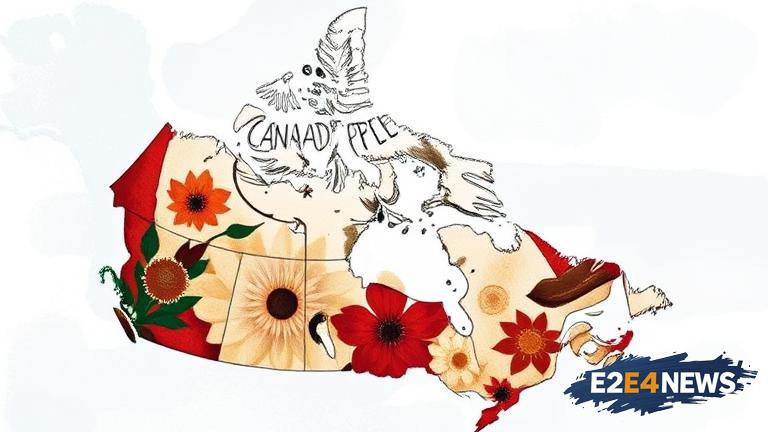The topic of Indigenous rights and reconciliation in Canada has been a longstanding and contentious issue, with many Indigenous communities facing significant challenges and injustices. The Canadian government has faced mounting pressure to address these issues, with many calling for immediate action to be taken. Recently, the discovery of unmarked graves at former residential schools has brought the issue to the forefront, sparking widespread outrage and demands for change. The residential school system, which was in place from the 1870s to the 1990s, was designed to assimilate Indigenous children into European-Canadian culture, and has been widely criticized for its brutal treatment of students. Many Indigenous communities are still feeling the effects of this system, with high rates of poverty, poor living conditions, and limited access to education and healthcare. The Canadian government has established the Truth and Reconciliation Commission, which has made 94 recommendations for change, but many of these recommendations have yet to be implemented. The commission’s report highlighted the need for increased funding for Indigenous education and healthcare, as well as the need for greater representation of Indigenous peoples in government and other institutions. Despite these recommendations, many Indigenous communities continue to face significant barriers to accessing basic services, including clean water and sanitation. The issue of Indigenous rights and reconciliation is complex and multifaceted, and will require a sustained and concerted effort to address. The Canadian government has pledged to work towards reconciliation, but many Indigenous leaders are skeptical, citing a lack of concrete action and a failure to listen to Indigenous voices. The discovery of unmarked graves has also raised questions about the need for greater accountability and transparency, particularly with regards to the treatment of Indigenous children in care. Many are calling for a national inquiry into the treatment of Indigenous children, as well as increased funding for Indigenous-led initiatives and organizations. The issue of Indigenous rights and reconciliation is not limited to Canada, with many other countries facing similar challenges and injustices. However, the Canadian government has a unique opportunity to take a leadership role in addressing these issues, and to work towards a more just and equitable future for all Canadians. The road to reconciliation will be long and difficult, but it is a necessary step towards healing and rebuilding. The Canadian government must work in partnership with Indigenous communities to develop solutions that are tailored to their specific needs and contexts. This will require a fundamental shift in the way that the government approaches Indigenous issues, from a paternalistic and top-down approach to one that is grounded in mutual respect and trust. Ultimately, the issue of Indigenous rights and reconciliation is a matter of basic human rights and dignity, and it is the responsibility of all Canadians to work towards a more just and equitable future.
